In March there was a report that Emirates and Etihad were considering merging.
Energy prices are down, meaning that travel to the Gulf region is down. At the same time, there’s less of an appetite to absorb losses.
Now Emirates CEO Tim Clark says he’s open to working with Etihad, and offers a non-denial denial about a likely merger.
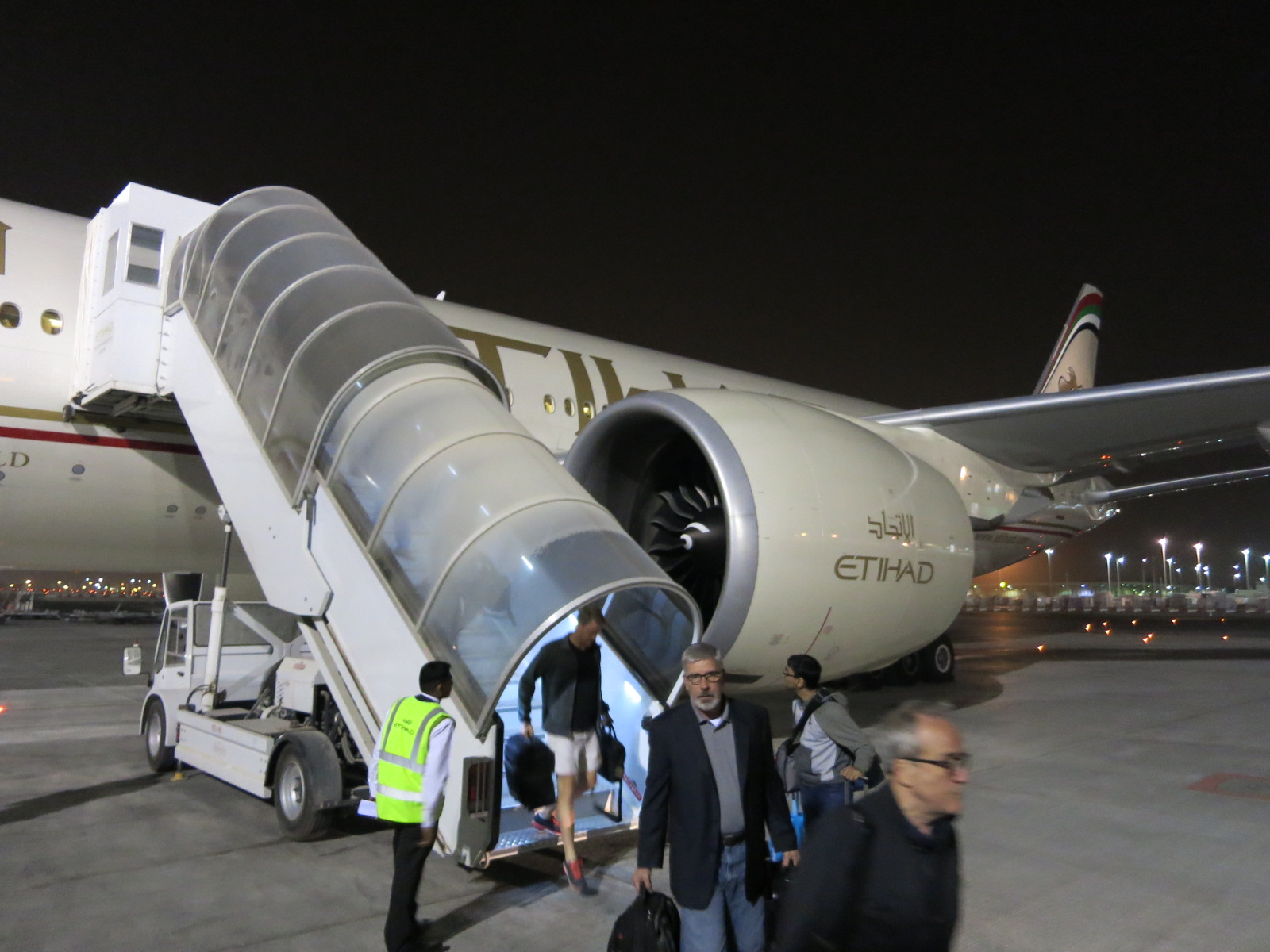
Emirates doesn’t appear to be losing money, indeed they say recent financial performance is up from a year ago, but certainly their profits are down. Etihad on the other hand has been hemorrhaging largely from their investments in basket case airlines (air berlin, Alitalia) rather than their operation in Abu Dhabi. The CEO who was the architect of this strategy was let go.
Meanwhile the region is now also starting to see increased competition from ultra low cost carriers. Emirates is adapting by working more closely with government-owned flyDubai.
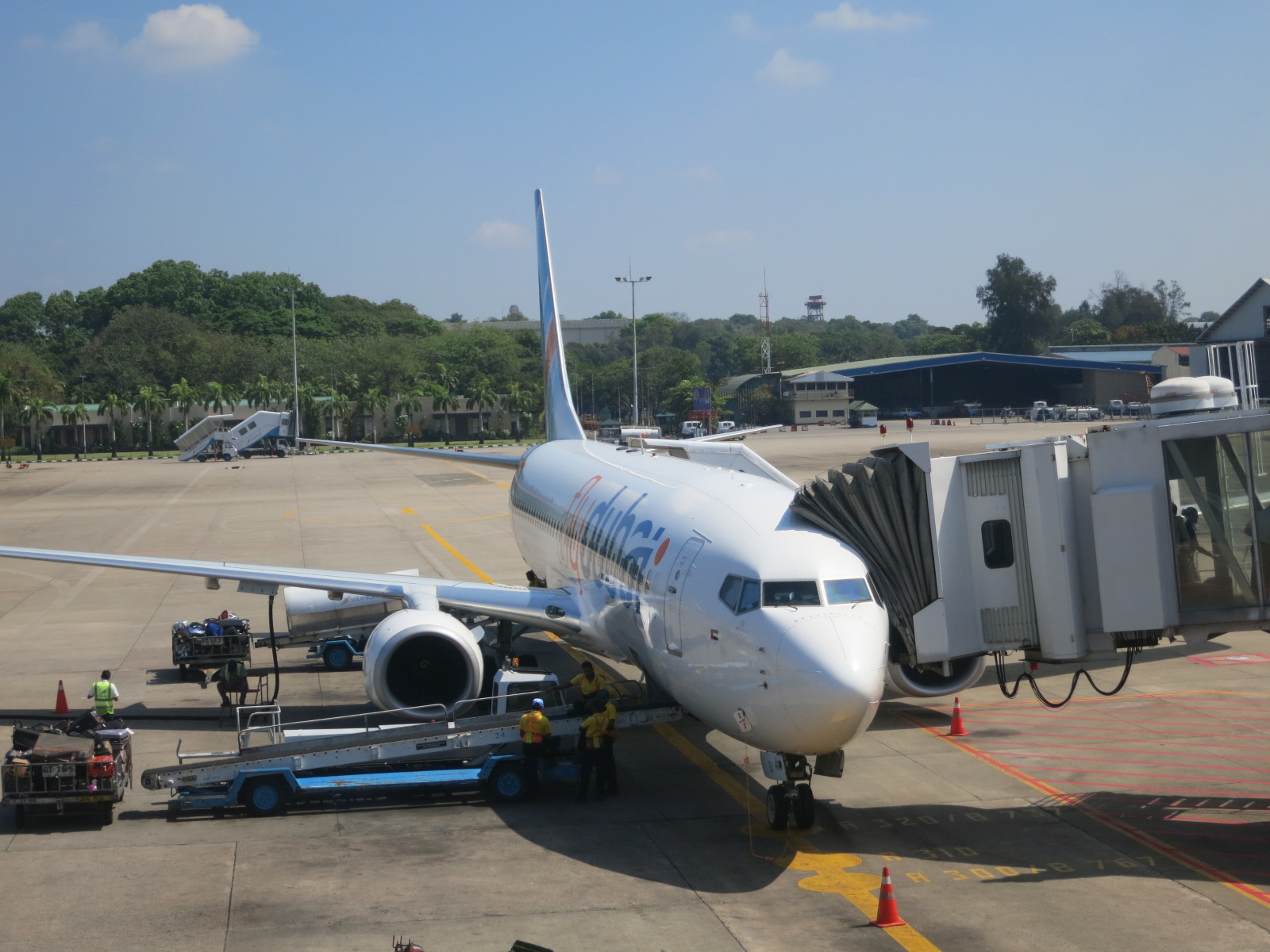
While speculation of a merger has been a parlor game dating back a decade, it’s not clear that it makes any sense for any airline to operate major hubs a mere hour’s drive away from each other. Bringing the two airlines together would almost certainly mean a de-emphasizing of Abu Dhabi.
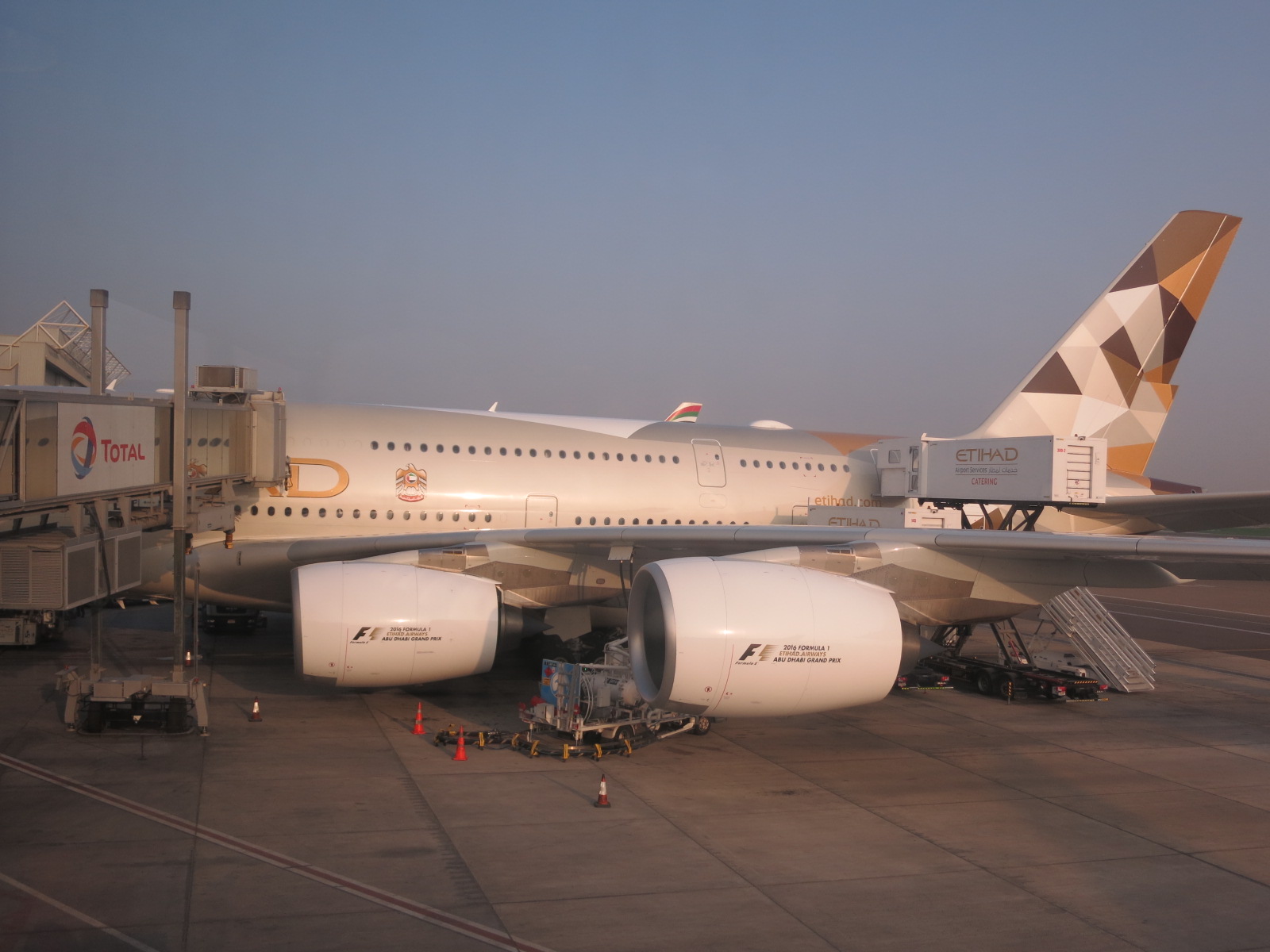
Indeed it was the de-emphasizing of Gulf Air’s Abu Dhabi hub in the first place that led the Al Nahyans to start their own airline in the first place.
Of course Dubai’s new Al Maktoum International Airport is even closer to Abu Dhabi and could make a single hub more palatable.
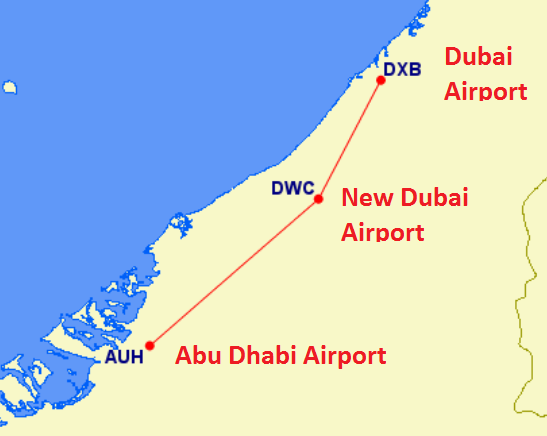
Emirates CEO Tim Clark has now offered a ‘non-denial denial’ to rumors of a merger that appears to walk back his past claims that it couldn’t happen.
He says “there is value to be had working more closely with” Etihad.
“There are many areas that the airlines could work together on, like procurement. But we have to go the first jump first to understand what it is we could do and I’m simply the manager of one of the businesses”
As for the future of any cooperation, that’s really not up to him, “It is my superiors who have to make that call, not me.”
Indeed, they’ll be the ones who decide on any merger (while even if true, it’s strange for a CEO to distance himself as though he’d have no knowledge even of their thinking).
When asked if the pair could pursue a merger along the lines of Europe’s Air France and KLM, Mr Clark said: “I don’t think that will be the case but it is not my call really. It is whatever [the shareholders] may do in the future.”
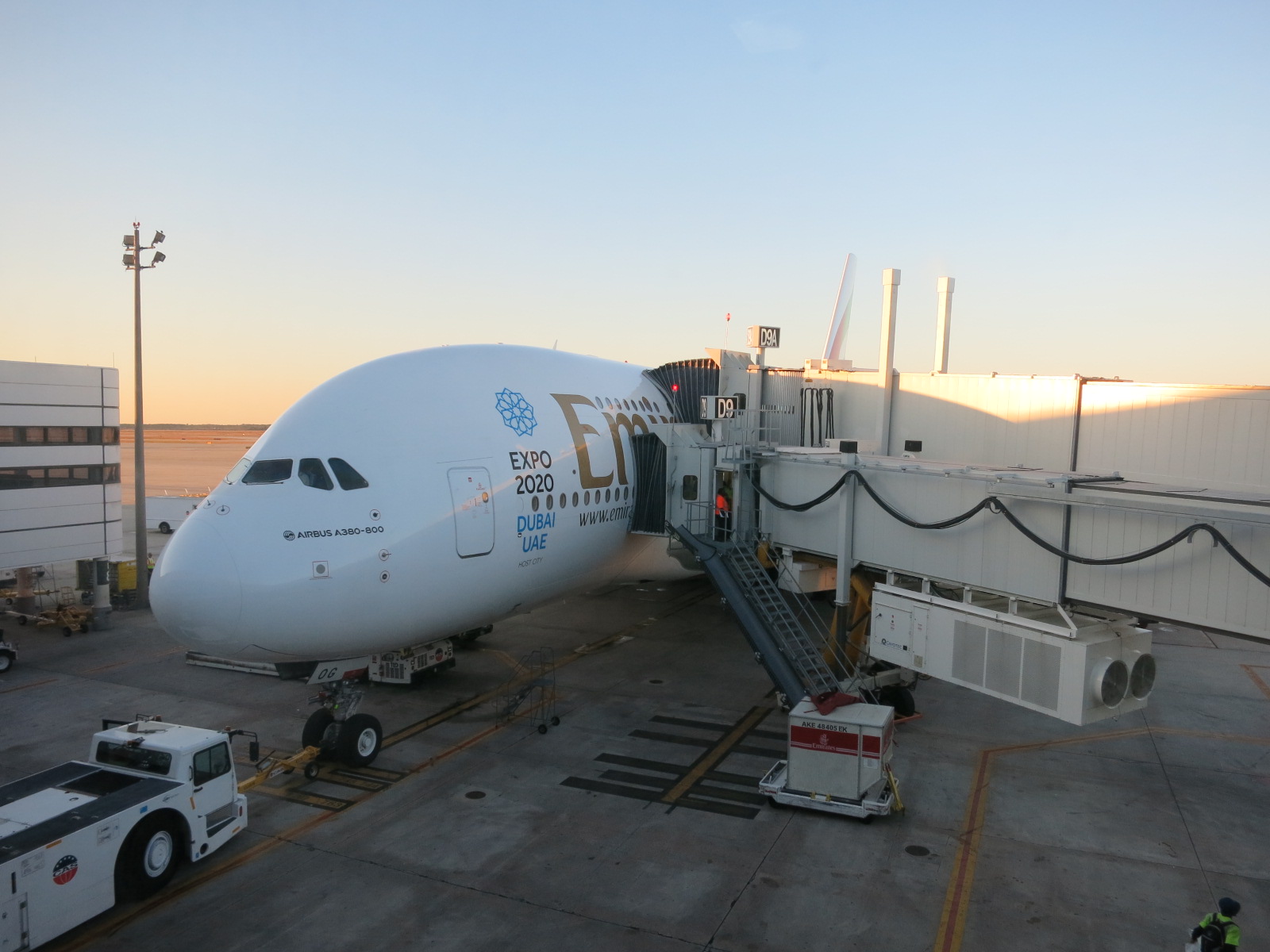
When the CEO of an airline says he really doesn’t know whether his carrier is going to merge with a competitor that’s a red flag to the bulls of speculation that they’re going to merge with the competitor.


Why not let Etihad fail instead of merging with it. Emirates should not throw good money after bad money.
AirFrance/KLM is not buying Alitalia either.
Given the fact that the terrain is naturally amenable to high-speed rail development, I certainly think that the idea of collapsing the 3 airports into what is functionally one hub bears some exploration. Could be interesting, if people are willing to collaborate.
@Ed, might be face saving since Abu Dhabi pretty much bailed Dubai out of the last downturn in 2008.
“Emirates doesn’t appear to be losing money.”
You’re a funny man. And technically correct. I’m sure Emirates books still show a profit. Their gov’t just funnels them whatever money they need to show that.
There will eventually be consolidation among the Middle East airlines. Everyone who’s throwing billions at an unprofitable enterprise eventually runs out of money.
It is Emirates CEO ‘Sir’ Tim Clark
Would mean an awfully large sunk cost with the new terminal being built at AUH. Though, same could eventually be said of the new terminal at Muscat.